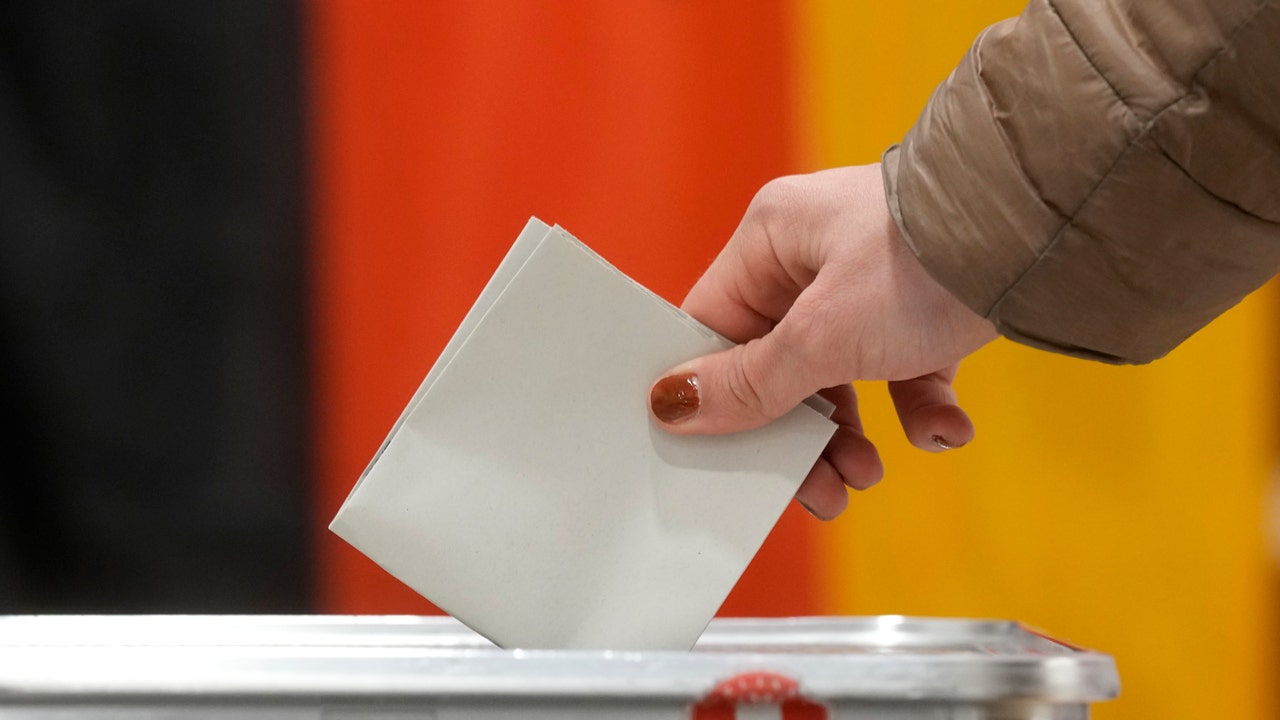German election exit polls suggest conservative candidate pulling ahead

The national election in Germany on Sunday has brought a mix of results, with center-right opposition leader Friedrich Merz claiming victory and far-right party Alternative for Germany (AfD) making historic gains. German Chancellor Olaf Scholz has conceded defeat as exit polls show his center-left Social Democrats falling to third place.
Merz, the leader of the Christian Democratic Union (CDU), expressed awareness of the challenges ahead and pledged to put together a governing coalition as quickly as possible. The election also saw AfD heading for the strongest showing for a far-right party since World War II, sparking concerns and debates about the rise of right-wing extremism in the country.
The election came at a critical time for Germany and Europe as a whole, with ongoing issues such as the new Trump administration, the Russia-Ukraine war, and security concerns across the continent. The outcome of the election will have a significant impact on how the country navigates these challenges in the coming years.
The colors of the potential coalitions in the election reflect the diversity of political parties in Germany, with options like the “traffic light” coalition of red, green, and yellow parties, or the “Kenya” coalition of the Union bloc, Social Democrats, and the Greens. More than 500,000 newly naturalized Germans were eligible to vote in this election, with many of them coming from Syria and other conflict-ridden countries seeking refuge in Germany.
As the election results continue to unfold, the focus now shifts to the formation of a new government. There is no set time limit for this process, but both Merz and Scholz have indicated their intentions to move quickly. The new government will play a crucial role in shaping Germany’s response to global challenges and its relationship with key international partners, including the United States.
The election has also sparked protests and debates about the role of far-right parties in German politics, with concerns about cooperation with anti-immigrant and extremist groups. Leaders like Uli Hoeness of Bayern Munich have spoken out against far-right ideologies, emphasizing the importance of inclusion and diversity in German society.
Overall, the national election in Germany has highlighted the complex political landscape in the country and the challenges facing the new government. As the country navigates these issues, the world will be watching closely to see how Germany responds to the changing global dynamics and secures its place in the international community.




